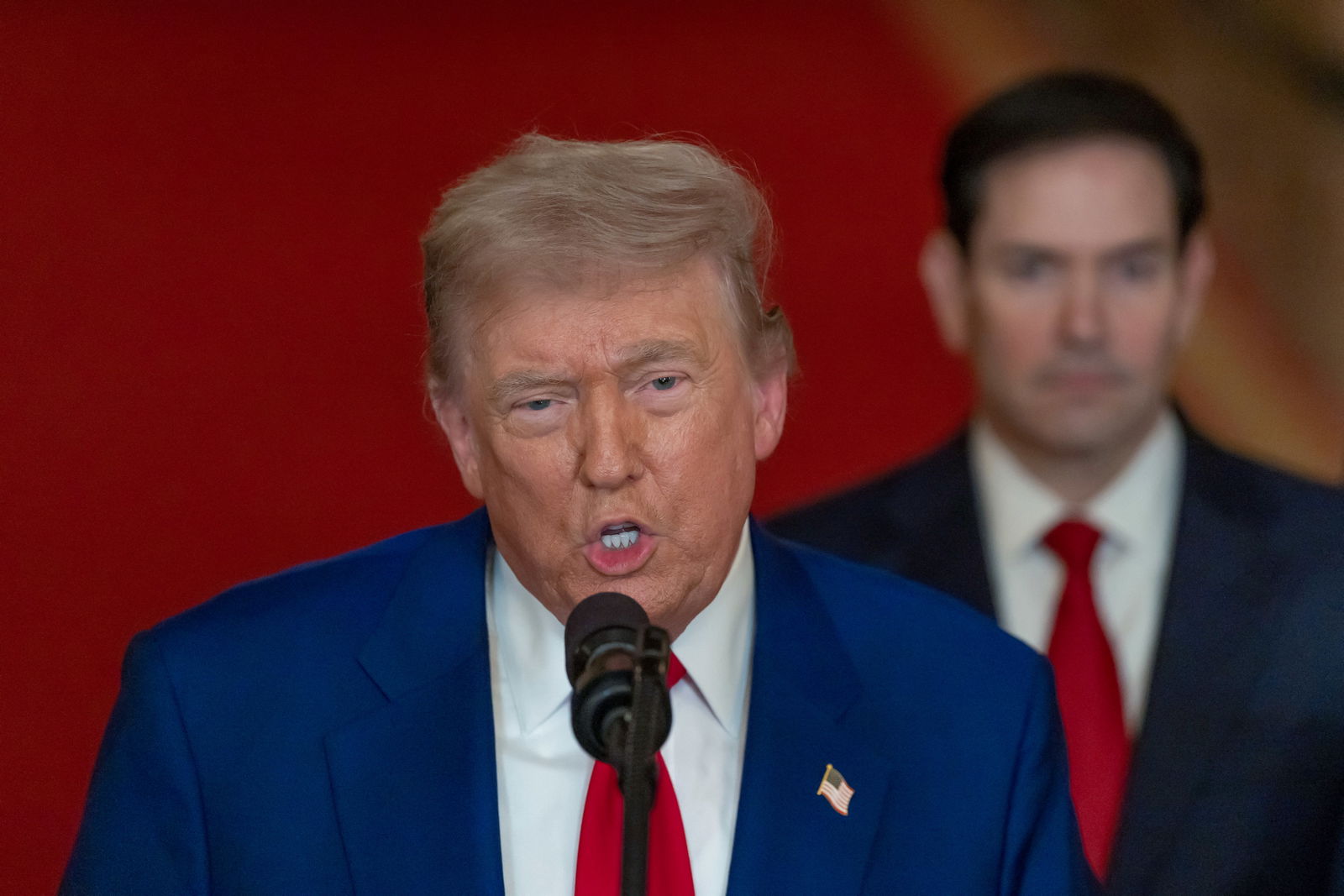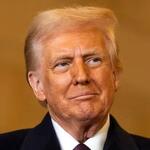United States President Donald Trump announced a new round of tariffs on Friday that would target drugs like patented or branded medications that are imported into the US from other countries. A 100% tariff will be applied to these goods as of October 1.
In his announcement on Truth Social, Trump wrote, “Starting October 1, 2025, we will be imposing a 100 percent tariff on any branded or patented pharmaceutical product, unless a company is building their pharmaceutical manufacturing plant in America.”
He also added, “There will, therefore, be no tariff on these pharmaceutical products if construction has started”.
What does this new tariff mean?
According to President Trump's announcement on Truth Social, pharmaceutical products that are branded or patented would be subject to a 100% tariff unless the manufacturer is actively building a plant in the US. In order to lessen dependency on imported medications, this policy aims to encourage international pharmaceutical companies to set up domestic production facilities.
There will also be a 25 percent tariff on heavy trucks and a 50 percent tariff on bathroom vanities, kitchen cabinets, and related items in Washington. These actions come after inquiries under the 1962 Trade Expansion Act's Section 232, which permits tariff increases on "national security" grounds.
The announcement is made just weeks before a significant ruling by the US Supreme Court that may restrict Trump's authority under the International Emergency Economic Powers Act (IEEPA). If the administration loses the case, the White House might have to remove some reciprocal tariffs.
Indian tariff landscape
The tariffs are an immediate problem for India. The nation is already dealing with a 50% tariff that puts jobs in labor-intensive sectors like footwear, textiles, and maritime exports at risk. In addition to increasing economic uncertainty for Indian exporters who rely on the US market, the most recent expansion runs the risk of further straining trade relations.
Trump hopes to use this to pressure pharmaceutical companies to produce more drugs in the US, since domestic production has drastically decreased over time. Large companies like Johnson & Johnson and Eli Lilly have already declared plans to invest more in US facilities in an effort to appease Trump.










